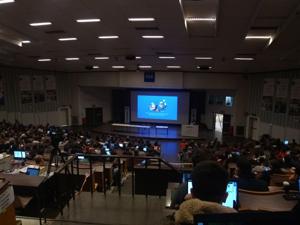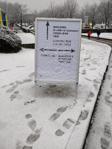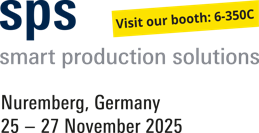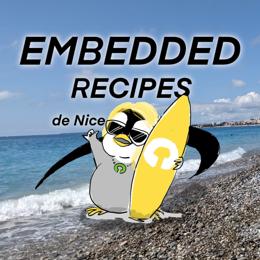FOSDEM 2019: cfi's Diary
This year 14 Pengutronix developers attended the FOSDEM at the Université Libre de Bruxelles. Since there was no embedded track this year we had lot's of time to follow talks, workshops and meetups on embedded Linux, graphics, multimedia, electronics and many more.
WiFi
FOSDEM made a huge leap into the future this year: The FOSDEM-WiFi was IPv6-only and had no IPv4 connectivity. For legacy systems on the internet there was NAT64 and DNS64 available. I was happy that all Pengutronix services worked like a charm. (Thanks to our admins for that!) I am quite lucky: There was no point where I had to change into the dual stack FOSDEM-legacy network.
Saturday
For me as a hardware engineer Saturday was mostly about FLOSS philosophy and entertaining talks.
I started with the Opening event. Did you know that FOSDEM 2019 had 740 lectures from 715 speakers in just 33 rooms? It's always fascinating for me what the FOSDEM staff makes possible!
Afterwards I stayed there to listen to Bradley M. Kuhn and Karen Sandler talking about how and if Anyone can Live in Full Software Freedom Today?. Their talk gave me interesting impulses on the thought if a life just based on FLOSS software is possible and how far the impacts of proprietary software go.
Later on I watched John Garbutt's talk about the Square Kilometer Array and its Software Defined Supercomuter. The SKA is a large multi-antennae radio telescope. John talked about how they are planning to store, transport, process and reduce the 1 TByte/s data output of the radio telescope. For me as a hardware guy the astronomical data rates sounded incredible. But John also talked about how they are planning to orchestrate their software-defined super computer using openstack.
Daniel Stenberg's talk on DNS over HTTPS was full - even though it was in Janson (the largest room at the venue). We took the chance to get a sandwich and a coffee in the Janson Bar.
Sunday
The hardware devroom was scheduled for Sunday this year.
The day began with talks about three interesting open source electronics design tools:
- Felix Salfelder talked about the state of Gnucap.
- Holger Vogt talked about the current possibilities and the future of ngspice.
- Thorsten Liebig introduced the audience into openEMS. I wasn't aware that openEMS had a Python-based scripting interface. I really hope to find the time to try this interesting piece of software one time!
After a coffee break I came back to Staf Verhaegen talking about the Lessons learned from Retro-uC. Staf started a crowdfunding for his Retro-uC last year. He showed us why he thought that the project wasn't able to attract enough backers and afterwards gave an overview on the state of current HDLs.
When Wayne Stambaugh started his talk on the KiCad Project Status the room was packed with people. Wayne talked about the current roadmap. There will be a stable 5.1 release in the next months. Afterwards the developers will start with the release 6 development. I am really looking forward to try all the interesting features on the roadmap.
Wayne also talked about the current donation campaigns: an open donation at CERN raised over 70k CFH. Also AISLER announced that they will donate for every board manufactured using KiCad design files. Wayne stated that he was happy to promote three more developers with push rights to the central repository. He also stated that the project has gained velocity and attracted more developers over the last years.
I want to thank all volunteers who make this great event happen every year.
Weiterführende Links
Pengutronix auf der SPS in Nürnberg
Nach einigen Jahren Abwesenheit sind wir in diesem Jahr zurück auf der SPS 2025 in Nürnberg! Sie finden uns in Halle 6, Stand 6-350C. Wir freuen uns darauf neue und bekannte Freunde, Partner und Kunden zu treffen. Wie immer zeigen wir Demonstratoren zu aktuellen Themen an unserem Messestand.
GStreamer Conference 2025
This years GStreamer conference was held at the end of Oktober in London, UK. Since GStreamer is our goto-framework for multimedia applications, Michael Olbrich and me were attending this years conference to find out what's new in GStreamer and get in touch with the community.
Talks, Workshops und Zeit am Strand - Die Embedded Recipes 2025
Ich war dieses Jahr Teil einer kleinen Delegation Pengutronixianer, die an der Embedded-Recipes-Konferenz in Nizza, Frankreich teilgenommen haben. Wir hatten eine tolle Zeit in Nizza und wollen jetzt die Gelegenheit nutzen nochmal einen Blick zurück auf unsere Lieblingstalks und unseren labgrid-Workshop zu werfen.







